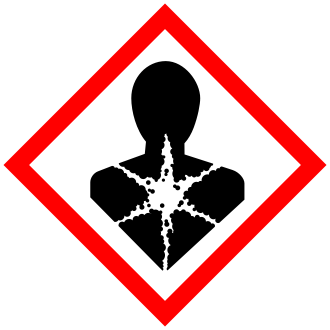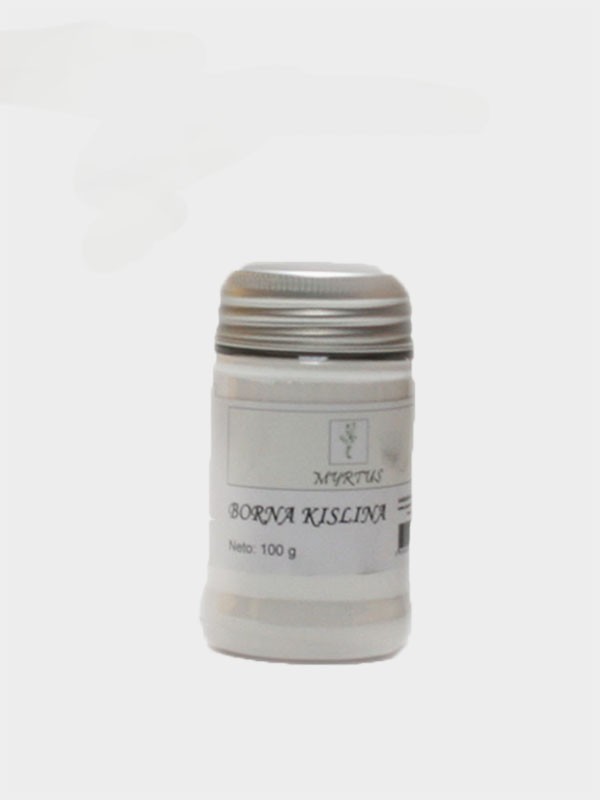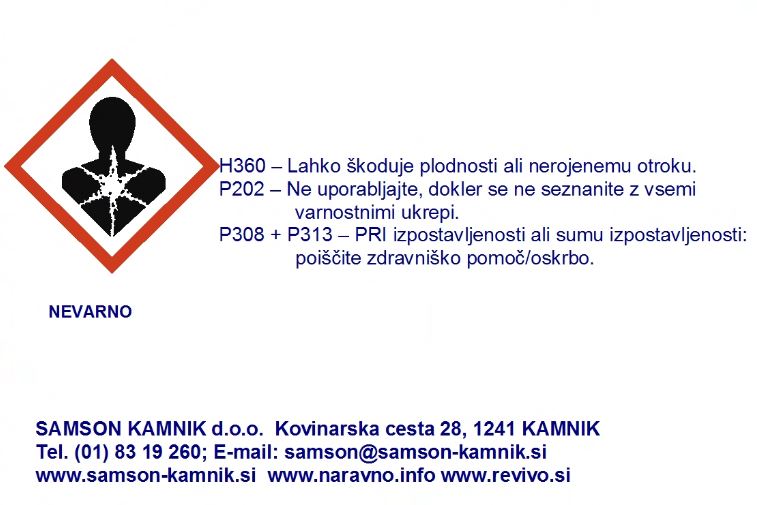Sold only to professional users / companies.
Formula: H3BO3
Molar mass: 61.83 g/mol
Melting point: 170.9 °C
Density: 1.44 g/cm³
Solvent: Water
IUPAC ID: Trihydroxyboron, Boric acid
In goldsmithing, it is used in combination with denatured alcohol as a means to protect surfaces from oxidation and the formation of colored stains during hardening and soldering.
In galvanization, it is used in some special galvanic baths, for example in the ratio H3BO3:NiSO4 = 1:10 with a very small addition of sodium lauryl sulfate and H2SO4.
Boric acid is very soluble in water when mixed with borax (sodium tetraborate decahydrate) in a ratio of 4:5, although each compound is not soluble on its own. The solution is used for wood impregnation against burning.
In a mixture with finely powdered quartz sand, it is used for coatings in induction furnaces and in the production of ceramics.
Boric acid is one of the most common substances for neutralizing hydrochloric acid. It works by binding free F- ions into complex salts. This process eliminates the extreme toxicity of hydrochloric acid, especially its ability to sequester calcium ions from blood serum, which can lead to cardiac arrest and bone degradation. This can occur even with minimal skin contact with hydrochloric acid.
In blacksmithing, boric acid is added to borax as a flux in welding.
Boric acid is used in combination with eight other chemicals for hydraulic fracturing of oil shale.
DANGEROUS
P201 Obtain special instructions before use.
P202 Do not use until all safety measures have been understood.
P280 Wear protective gloves/protective clothing/eye protection/face protection.
P308 + P313 IF exposed or concerned about exposure: seek medical advice/attention.
P405 Keep locked up.
P501 Dispose of contents/container in accordance with regulations.









